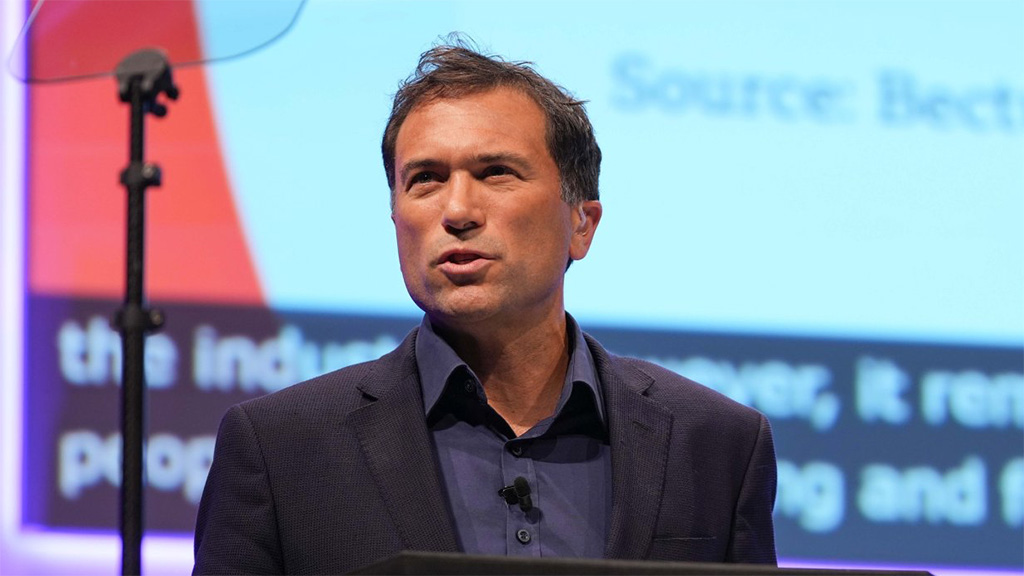BBC News journalist and presenter Ros Atkins, author of a bestselling book on the art of explanation, was invited to provide a brief explainer on the state of the television industry in the United Kingdom at the Edinburgh TV Festival. His analysis may have made uncomfortable listening for television executives.
In the early 2020s, boosted by the pandemic, television viewing was helping to make the entertainment and media market in the United Kingdom the fourth largest in the world.
This was followed in 2023 by the steepest annual decline in broadcast television audiences since records began, accompanied by a downturn in advertising revenue, slowing consumer spending with an increased cost of living and weak economic growth.
There has also been structural change. As he put it: “the internet hasn’t just transformed the distribution of TV and video — it’s transformed what we watch and who is making it.”

The internet has also supported globalisation, with more content and distribution controlled by a small number of international businesses, like Netflix and Amazon, and YouTube and TikTok. This is bringing investment into British production, but also risks the marginalisation of British media.
Advertising revenue is also shifting. Over $36 billion was spent by advertisers in the United Kingdom in 2023, but over three quarters of that was online.
Global giants with vast resources are investing heavily in technology and inevitably have an advantage there.
This presents challenges to public service broadcasters that still dominate viewing hours overall, but are losing ground online, as Ros Atkins notes.
“In the streaming market — where we know viewers are heading — where big tech is competing for ad revenue — where expensive tech development is crucial — the PSBs are there, they’re growing — but the majority of viewing isn’t with them — it’s with the global players.”
“To this outside observer, this looks like a new era,” he concluded. “One in which what we watch and where we watch has changed. Where new revenue streams are required — and where technology is dominant. Where public service media will have to restate its case — and regulators consider their options. Where the routes to the consumer and the routes to success are changing.”
The speech is available in full, complete with footnotes, from The TV Festival web site.
